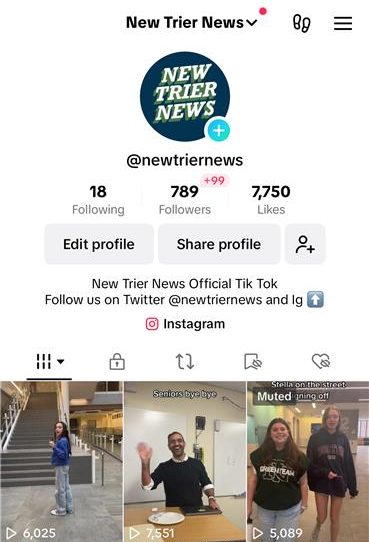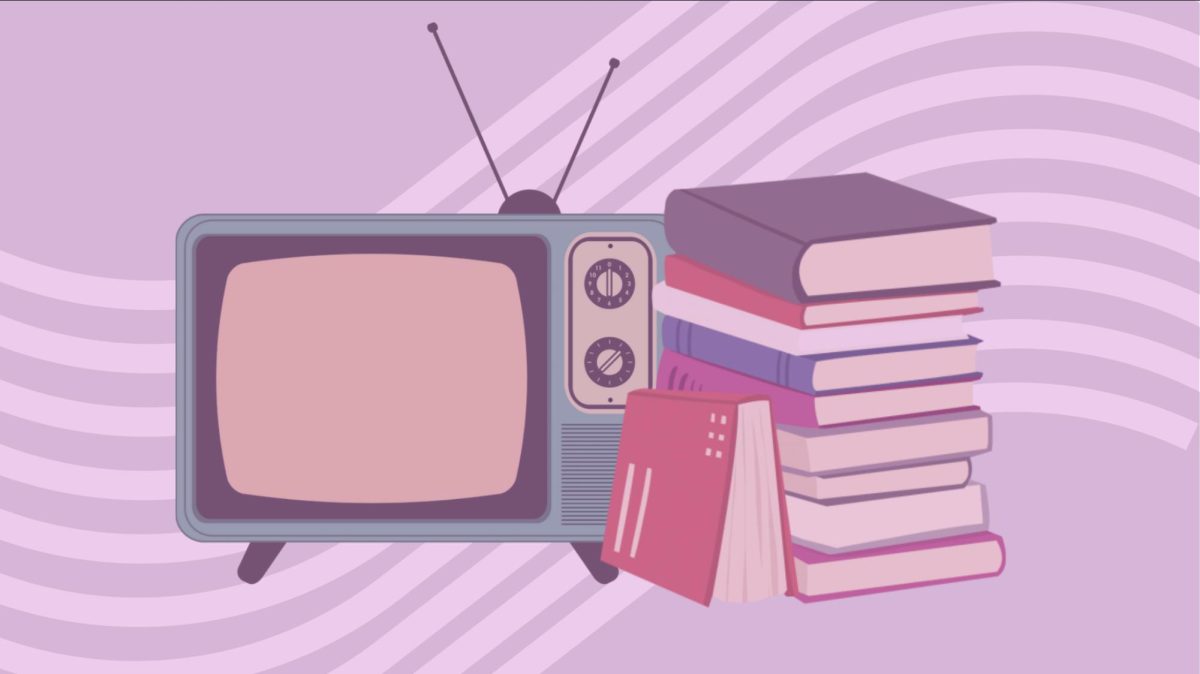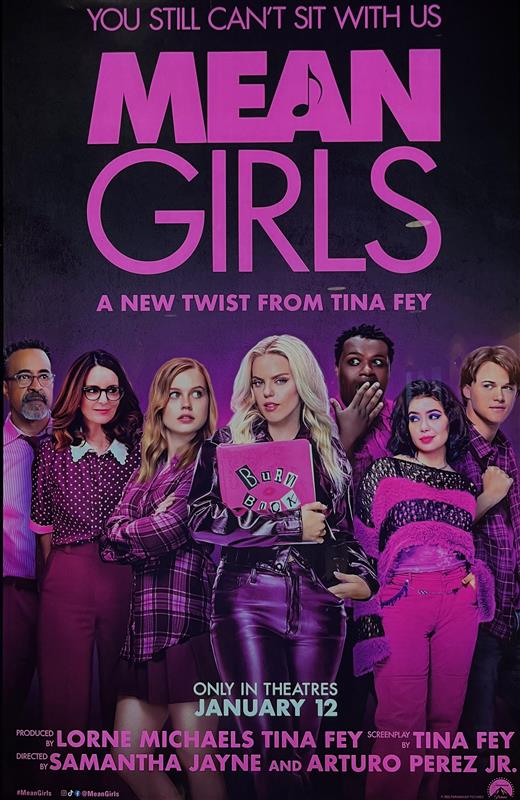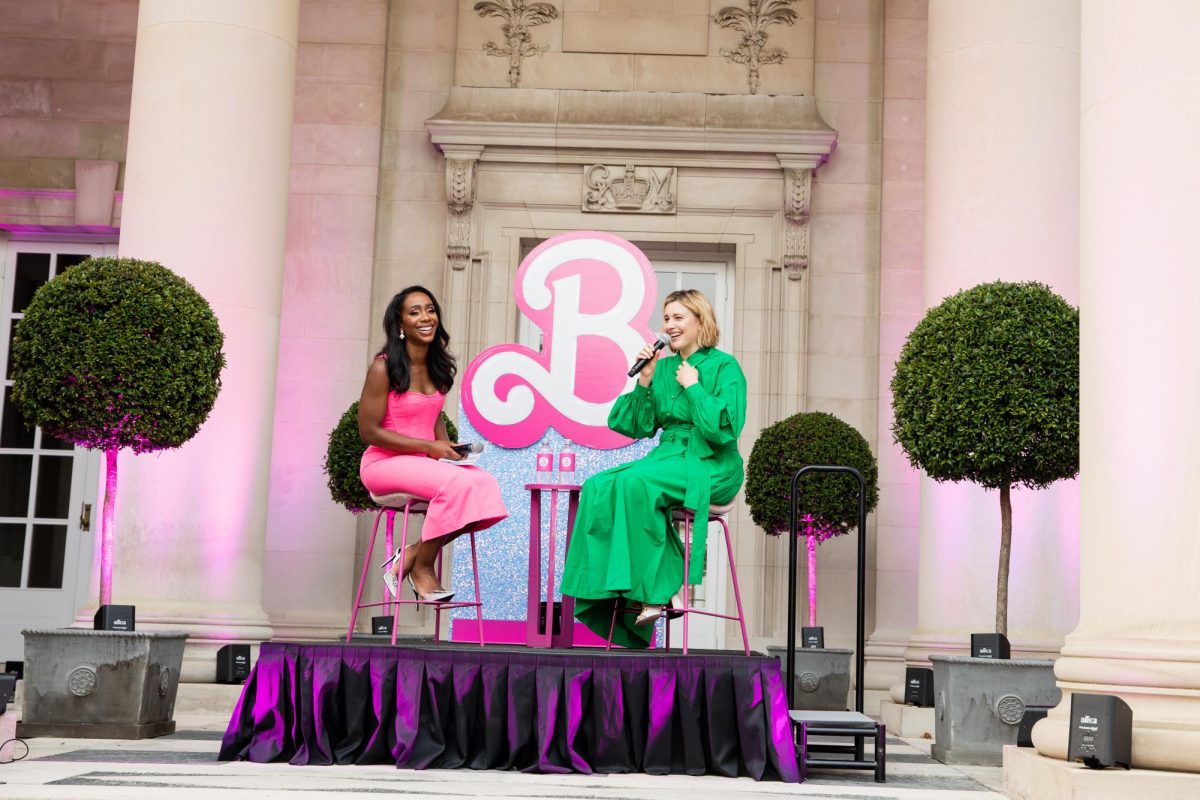I find myself in awkward texting situations far too frequently. The other night, for example, I was texting the parents I babysit for inquiring about when they’d be home.
The message read: “Do you know when you’ll be home btw?… just curious.” I immediately felt like I sounded assertive and aggressive, like I needed them home right away because the dog just threw up, the kitchen was on fire, and their kid had an ear infection.
According to the tone of my text, the world would end if they didn’t walk through those doors within 5 minutes.
None of this was the case, but to my discomfort the parents’ response was: “Everything okay?” Everything was okay until my text read desperate and needy.
Texting has evolved into a game, especially when it comes to texting the opposite sex. We tend to overthink everything, at least from my perspective: Is that emoji too flirty? How many exclamation points is too many? Why aren’t they responding? Am I overthinking this?
Of course I’m generalizing, and of course the relationship with whomever you text will be different, but in certain scenarios, our “texting self” turns on. We can no longer be as sarcastic for fear of actually sounding mean and being hurtful. I’ve also observed that emojis have begun to replace words that we probably don’t even have in the English language to begin with. Like the “praise hands,” for example. We can’t vocalize them but we use them in response to texts like, “Chipotle t’night?”
On that note, I think emojis are fantastic. I find myself actively using emoticons when expressing my, uh, emotions. I use them for practical purposes too, replacing the word “okay” with an emoji or signing off with a peace sign (my seventh grade self shines through once in a while).
But what about the “sexy face” emoji. Is it even really a sexy face? Sometimes certain emoticons have implications attached to them which make getting a message across easier and a lot more fun.
But are emoji’s on their way out? I recently discovered a gif keyboard and my texting game has changed for the better. Although my savvy web design class will tell me it has been around forever, you can now type in an emotion, like “happy”, for example, and send your friend a gif of Pharrell dancing.
In certain cases, gifs replace emoticons in the best way possible. I have repeatedly replaced the “cool” emoji (the one with sun glasses on) with a gif of Drake in shades saying “swag.” It’s entirely stupid but highly entertaining.
Punctuation is another concern. I’m speaking of the period at the end of texts that make everything seem extremely passive aggressive. People who ensure that all the commas are in the right place, there is an appropriate use of colons and semicolons, and sparingly use exclamation points need to stop. It makes everyone uncomfortable and very business-like. Save the punctuation for emails only.
If you think ending a sentence with a period is bad, the excessive “haha” after every line of text is even worse. Whether the prior message was funny or not, the nervous laughter is down right annoying.
This leads to another very important question: do people still text “lol”? I do… only when something is funny, of course, and I typically adorn it with the “laughing emoji” with tears rolling down its face. I think people are taken aback by abbreviations in general. Sending “ttyl” or “jc” or “hbu” feel so middle school and we’re ultimately judged for it.
If you’re anything like me, you overanalyze your text messages, express yourself through emoticons, and think Tina Fey’s gifs are better than Amy Poehler’s. What’s the takeaway here? You may sound like a serial killer if you use punctuation, and “haha” isn’t all that funny.




































